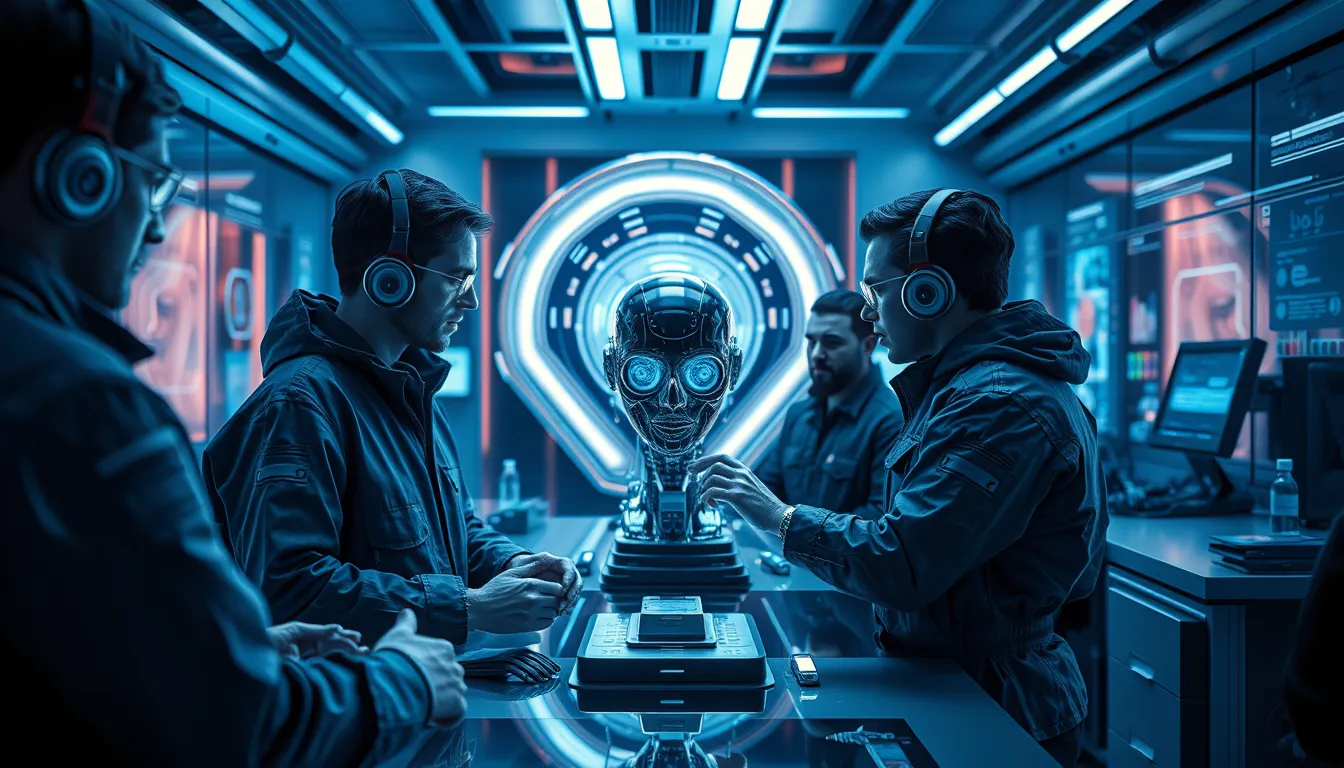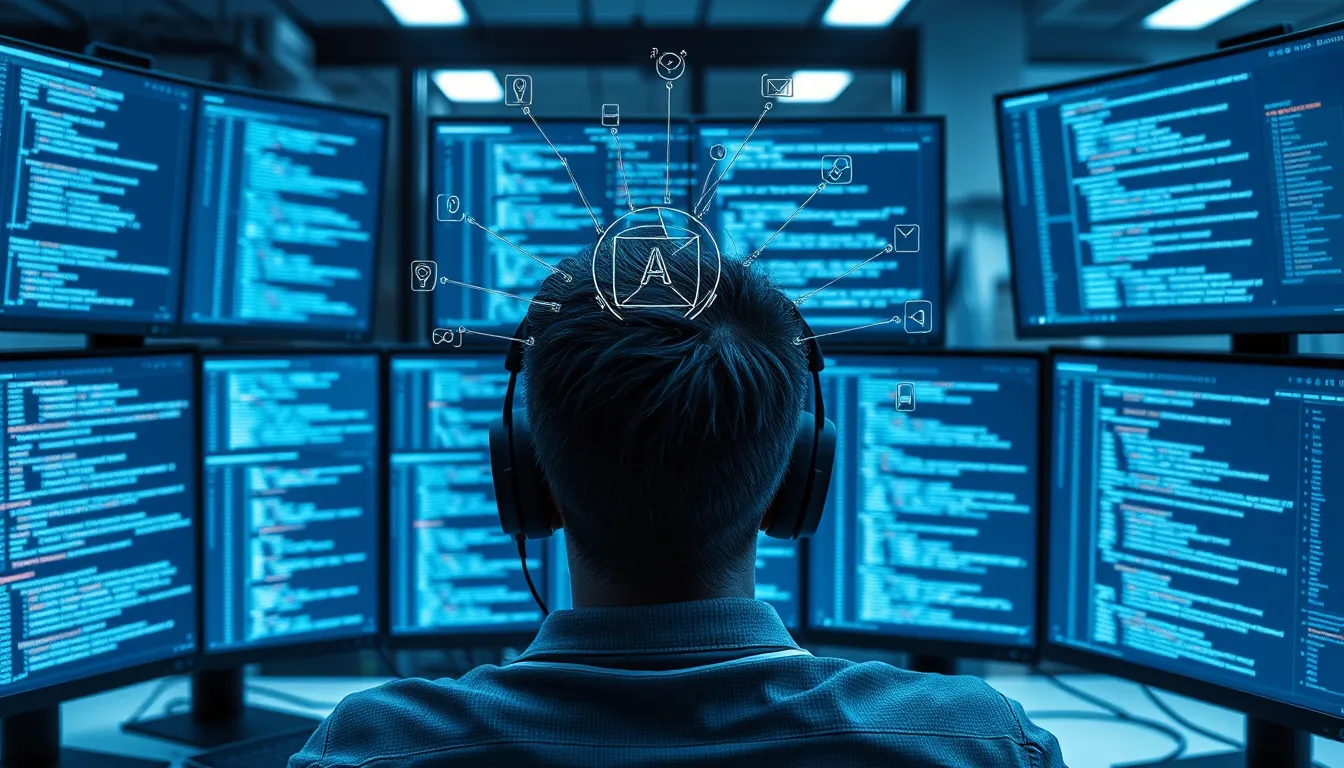Now Reading: Powerful AI in Healthcare Diagnostics: Boosting Patient Care
-
01
Powerful AI in Healthcare Diagnostics: Boosting Patient Care
Powerful AI in Healthcare Diagnostics: Boosting Patient Care

Powerful AI in Healthcare Diagnostics: Boosting Patient Care
Introduction
The rapid integration of artificial intelligence into medical practices has transformed the way healthcare is delivered. With advancements in technology and innovative algorithms, AI in healthcare diagnostics is reshaping patient care and medical imaging. In this article, we will explore the benefits, challenges, and future trends of AI in healthcare diagnostics. Our aim is to provide an in-depth look into how these systems improve diagnostic accuracy, reduce human error, and ultimately lead to better patient outcomes.
The Evolution of AI in Healthcare Diagnostics
Artificial intelligence has seen an unprecedented evolution in recent years. Initially adopted for basic data management and administrative tasks, AI has now made significant inroads into the realm of diagnostics. Hospitals, clinics, and research institutions are increasingly using AI in healthcare diagnostics to analyze complex datasets, detect early signs of diseases, and provide more precise treatment recommendations.
How AI Improves Diagnostic Accuracy
One of the most notable benefits of AI in healthcare diagnostics is its ability to enhance diagnostic accuracy. Key benefits include:
- Data Analysis: Advanced algorithms process large volumes of medical data including imaging, lab reports, and electronic health records.
- Early Disease Detection: AI tools are capable of identifying subtle patterns that might be missed by human eyes, leading to earlier interventions.
- Reduction of Human Error: Diagnostic tools powered by AI in healthcare diagnostics work alongside healthcare professionals, reducing the likelihood of misdiagnoses.
For example, in radiology, AI-powered systems analyze medical images rapidly. Such systems assist radiologists in spotting abnormalities and potential cancerous changes that could be overlooked otherwise. This synergy between AI tools and human expertise is a significant advancement in patient care.
Challenges of AI in Healthcare
While the benefits are clear, there are still challenges associated with incorporating AI in healthcare diagnostics. Some of these challenges include:
- Data Privacy and Security: Protecting patient data is paramount. AI systems must adhere to strict regulatory standards to ensure data is secure.
- Integration with Existing Systems: Hospitals must invest in infrastructure that is compatible with AI technologies. Integrating these systems with traditional medical software can be complex.
- Training and Adaptation: Healthcare professionals need specialized training to use new diagnostic tools effectively. As a result, continuous education is vital.
To overcome these challenges, partnerships between technology firms and healthcare institutions are essential. For further insights into data security in healthcare, visit the National Institutes of Health for trusted data protection information.
Future Trends in AI in Healthcare Diagnostics
Looking ahead, the role of AI in healthcare diagnostics is set to grow exponentially. Innovations in deep learning, machine learning, and neural networks will continue to refine the accuracy of diagnostic tools. Emerging trends include:
- Personalized Medicine: AI in healthcare diagnostics will enable more tailored treatment plans by analyzing individual genetic profiles.
- Preventative Care: Enhanced predictive analytics can foresee health risks, paving the way for proactive healthcare interventions.
- Enhanced Imaging Techniques: With the help of AI, imaging modalities will become more sophisticated, providing clearer and more detailed images.
A significant aspect of this growth is the collaboration between tech giants like Google and healthcare providers. These collaborations ensure that the tools being developed are both state-of-the-art and user-friendly for medical practitioners.
The Importance of Balancing Technology and Human Expertise
Even as AI in healthcare diagnostics becomes more prominent, the role of experienced healthcare professionals remains indispensable. AI systems serve as powerful tools, but they never replace the critical thinking, empathy, and judgment that healthcare providers bring to patient care. The future of medicine lies in a balanced integration where technology augments the expertise of medical professionals. This collaboration maximizes the strengths of both human insight and machine precision.
Conclusion
AI in healthcare diagnostics represents a transformative shift in modern medicine. By enhancing diagnostic accuracy, streamlining patient data management, and supporting healthcare professionals, AI is setting a new standard for patient care. Although challenges such as data security and system compatibility persist, ongoing research and innovation are continuously addressing these issues. As we look toward a future where personalized and preventative care becomes the norm, it is clear that embracing AI in healthcare diagnostics will be crucial to advancing medical practices and improving patient outcomes.
In summary, thorough integration of AI in healthcare diagnostics is not only revolutionizing how diagnoses are performed but also ensuring that patient care becomes more accurate, efficient, and responsive. Whether you are a healthcare professional keeping abreast of technological advances or a patient interested in the future of medical diagnostics, understanding the benefits and challenges of AI is a critical step towards embracing a healthier future.

























